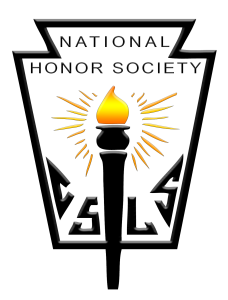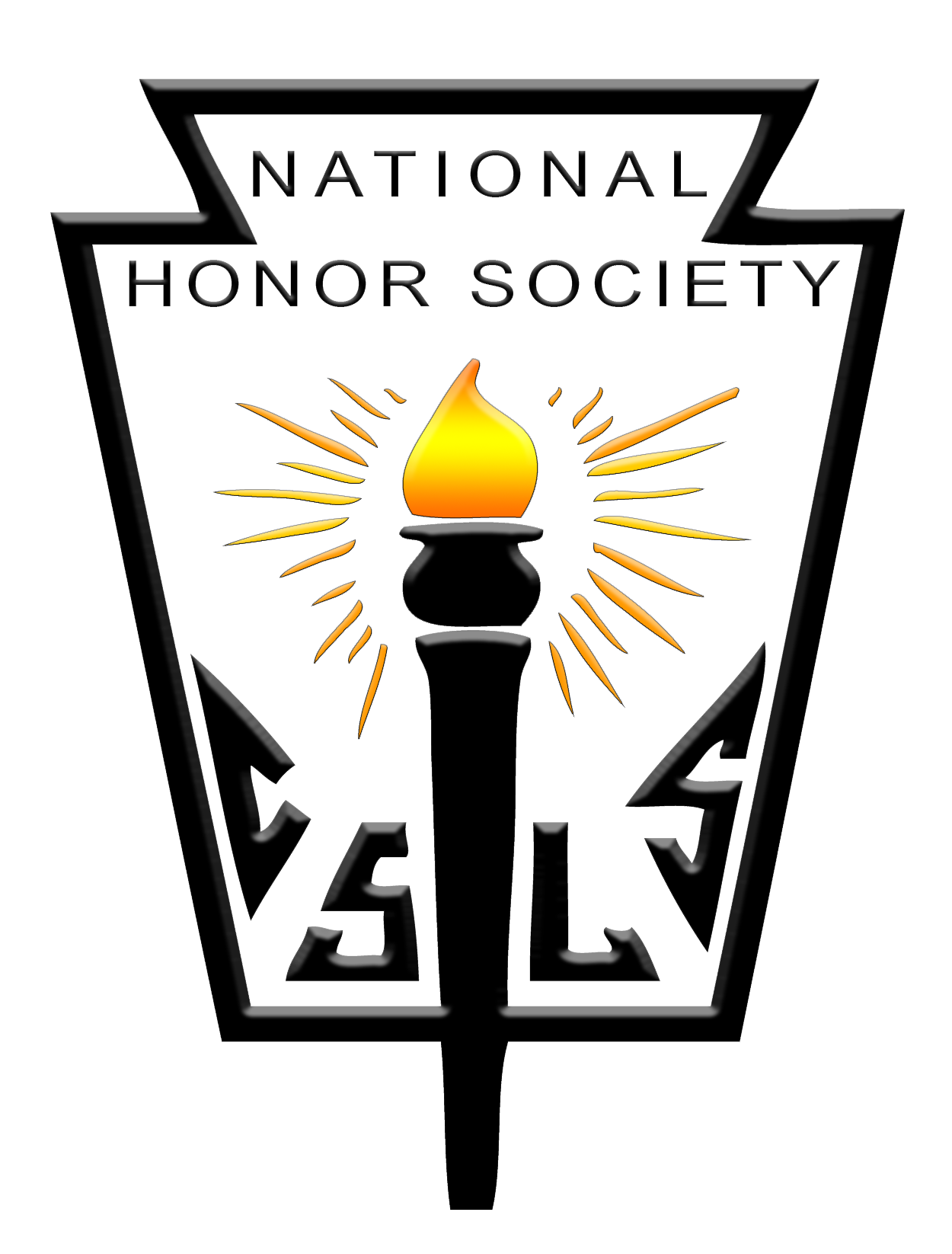By Rachel Neglia
People typically take honor societies for granted. For every academic subject, philanthropic goal, and even racial c ategory imaginable, there seem to be a plethora of national organizations that exist to honor exemplary individuals that meet standards. Prior to the 20th century, however, accessible honor societies for high schoolers only existed locally. In 1921, with the founding of the first chapter of the National Honor Society, that reality changed for the better.
ategory imaginable, there seem to be a plethora of national organizations that exist to honor exemplary individuals that meet standards. Prior to the 20th century, however, accessible honor societies for high schoolers only existed locally. In 1921, with the founding of the first chapter of the National Honor Society, that reality changed for the better.
Only a decade after the birth of the initial NHS chapter, the organization could truly be called “national.” Hundreds of chapters were founded across the nation, and commendable high school students everywhere received the honors that they deserved. NHS encourages students to lead by example, and certainly, the initial few chapters must have exemplified scholarship, leadership, service, and character – the four pillars of NHS – to warrant the rapid growth of the organization’s influence.
Tempe Preparatory Academy’s chapter of the National Honor Society is no different. Students are able to join in their junior year of high school, and must maintain at least a 3.0 grade point average. Each semester, members must complete 15 hours of community service. By the end of the year, they must aggregate 10 “leadership points,” which they can earn by volunteering for leadership roles within the society (or by bringing cookies to bi-monthly meetings).
NHS’s entry requirements are rigorous, but they are not pointless. “I have the responsibility of planning out meetings, coordinating fundraisers, supervising different projects, et cetera,” explains Quinn Collins, the president of the club. “Even though the job can be tiring at times, I’m glad that I can exercise vital skills for the future and be a part of such a great community.”
Every two weeks, NHS organizes volunteer opportunities for its members. The most popular activities include packing meals at Feed My Starving Children, a Christian non-profit, playing basketball and spending time with children in need at the Child Crisis Center, and determining sentences for juvenile offenders at Teen Court.
TPA’s NHS chapter also coordinates initiatives to foster community at the school. Every year, NHS juniors and seniors are assigned sixth grade “buddies.” Buddies meet several times over the course of the year, and write letters to each other regularly. Connor Will, who coordinated the program last year, explains that one of the benefits of the correspondences is that “the sixth graders come to feel more comfortable being around big kids such as us 11th and 12th graders, and look up to us role models, which can give them more motivation and confidence in school.”
This year, NHS will run many of the initiatives that it did last year, including the feathers for food drive in October and the toy drive in December. NHS officers will also travel to Rocky Point, Mexico in November to deliver goods to an orphanage in constant need of donations.
Though many joke that participating in NHS is useless, the organization does not exist for students to simply have an extra line on their resumes. According to vice-president Marisa Putrasahan, “As upperclassmen, we are sort of forced to have some kind of leadership at school, and being a part of NHS is at least one step towards organizing and being active in that leadership.”
Students are given avenues to action; they have the influence to coordinate drives for the causes that they care about. Furthermore, they learn skills that will help in every facet of adult life. “Time-management is a great skill to have not only in high school, but also in one’s future career,” says President Collins.
Despite its humble beginnings, the National Honor Society gained influence through leading by example. By imparting the qualities of scholarship, leadership, service, and character, NHS will likely retain that influence far into the future.
